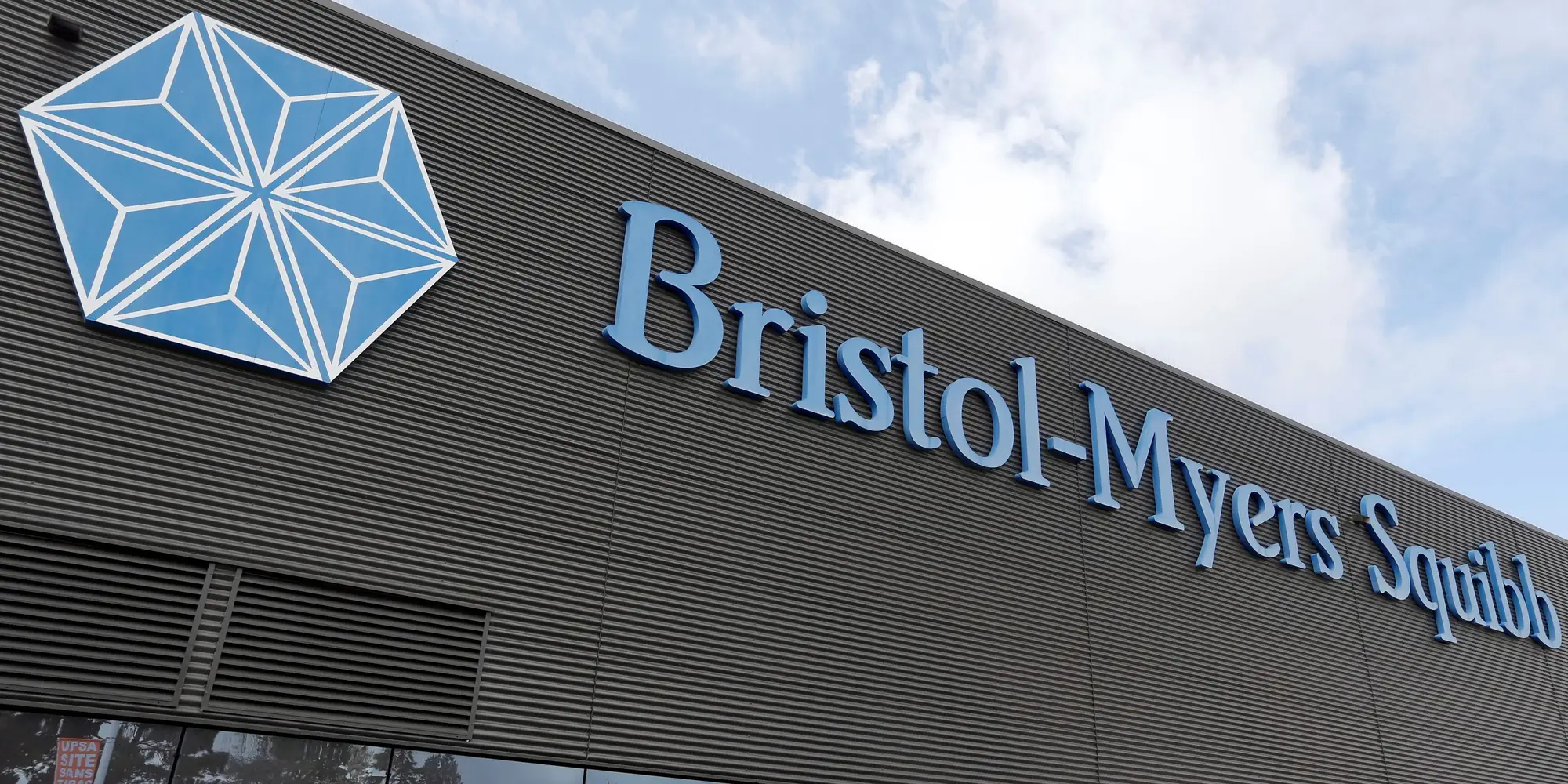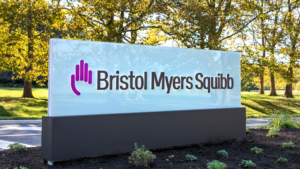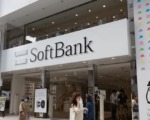Bristol Myers Squibb Beats Earnings Estimates and Raises Outlook Amid Cost-Cutting Measures

Bristol Myers Squibb reported strong second-quarter earnings, surpassing Wall Street expectations and raising its full-year guidance as part of its broader strategy to cut costs and reinvest in key drug brands and R&D programs. The pharmaceutical giant has outlined plans to reduce $1.5 billion in expenses by 2025, which includes laying off over 2,000 employees and consolidating its sites.

Key Financial Highlights:
- Earnings per share: Adjusted EPS of $2.07, compared to an expected loss of $1.63.
- Revenue: $12.2 billion, up 9% year-over-year, versus the expected $11.55 billion.
- Net income: $1.68 billion, or 83 cents per share, down from $2.07 billion, or 99 cents per share, in the prior year.
Guidance Update:
- Full-year revenue forecast: Now projected to increase at the “upper end” of the low single-digit range, up from a low single-digit increase.
- Full-year adjusted earnings guidance: Raised to 60-90 cents per share, up from the previous forecast of 40-70 cents per share.
Shares of Bristol Myers rose nearly 8% following the earnings report.
Performance Drivers:
- Eliquis: The blockbuster blood thinner recorded $3.42 billion in sales, a 7% increase year-over-year, aligning with analyst expectations. Eliquis, which Bristol Myers co-owns with Pfizer, is anticipated to lose market exclusivity by 2028.
- Revlimid: Despite facing competition from generics, the blood cancer drug brought in $1.35 billion in sales, surpassing the estimated $1.09 billion.
- Opdivo: The cancer drug generated $2.39 billion in sales, exceeding the expected $2.29 billion.
Growth Portfolio:
- Reblozyl: Sales were above analysts’ expectations, contributing significantly to the company’s growth.
- Opdualag and Camzyos: Both drugs, along with Opdivo, drove revenue growth within the portfolio.
- Abecma: The cell therapy for multiple myeloma recorded $95 million in sales, close to the expected $95.8 million.
Bristol Myers continues to face pressure to innovate and introduce new drugs to compensate for revenue losses from key treatments like Revlimid, Eliquis, and Opdivo, which will eventually lose their market exclusivity.
The company’s proactive measures to cut costs and reinvest in strategic areas underscore its commitment to sustaining growth and competitiveness in the pharmaceutical industry.



















